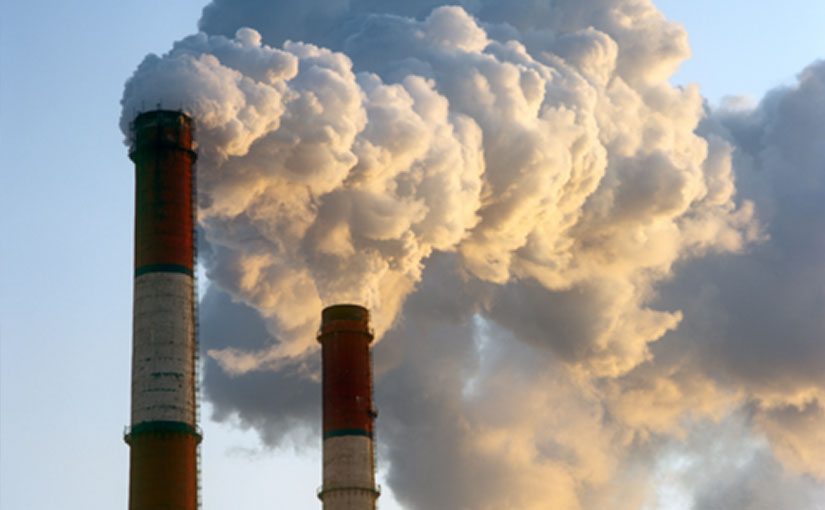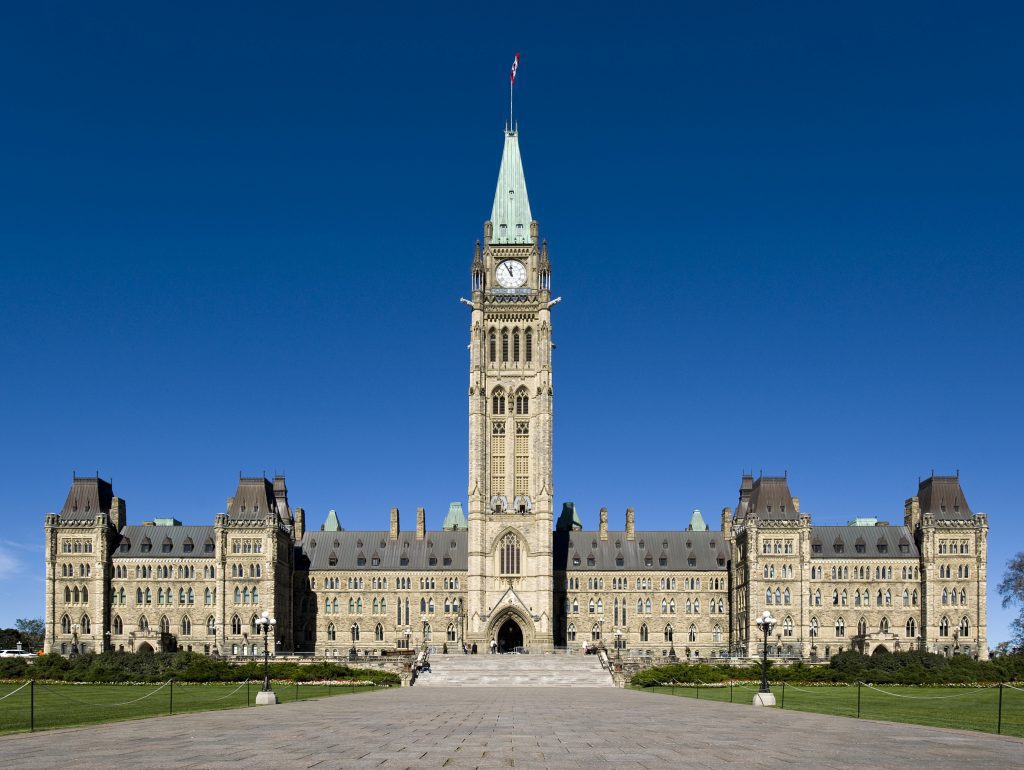The past week was not good news for Canadians who want to see our country show climate leadership. Though Canada championed the Paris Agreement on climate change less than a year ago, the federal government floated two trial balloons in the past week that seed doubt that the government remains committed to the Paris Agreement’s goals. In fact, the government seems to be moving backwards rather than forwards in its climate ambitions. (Want Canada to do better? Take action here.)
The one-two punch—that cabinet will approve a pipeline, likely the new Kinder Morgan pipeline from Alberta to the port of Vancouver, and that the government will not strengthen the former federal government’s 2030 carbon reduction target—has left many Canadians reeling. The government’s announcement that Canada will stick with the weakest targets in the G7 is essentially a broken promise.
First, let’s remember that the Liberal 2015 election platform calls the former federal government’s 2030 targets “inadequate.” It’s probably not a coincidence that exactly the same word was used by four European think tanks to describe Canada’s weak target as compared to Canada’s fair share of limiting warming to 2 degrees Celsius. In March this year, after Prime Minister Justin Trudeau and premiers signed the Vancouver Declaration on climate change, Environment and Climate Change Minister McKenna said, in an interview with the CBC, “We will have a [new emissions] target at the end of the six-month process…and I want this to be an ambitious target.”
It seems clear that the government is trying to back away from the promise of a stronger target.
In the past, environmental groups have been accused of focussing too much on targets when what matters is action and results. There is some merit to that argument. I’ve made it myself, and heard other environmentalists make it too. After all, I would take action to reach an inadequate target over government setting a lofty target and then doing nothing to reach it.
But those aren’t the only two options for Canada. A more logical approach would be to set an ambitious temperature limit, as Canada did in the Paris Agreement, then adopt national targets based on that international commitment, and then work hard to deliver on both promises. The point is that the government can set science-based targets (also something that was promised) and take action to meet those targets. And that’s what Canadians want to see happen.
If the federal government sticks with a weak target, the risk is it will have little motivation to make the right decision on a plan to reduce emissions. Two project proposals sit on the cabinet table awaiting a decision before the end of the year: the Kinder Morgan pipeline and the Petronas liquefied natural gas (LNG) terminal. Both will significantly increase Canada’s carbon emissions and make attaining even a weak target much more difficult unless they are accompanied by Herculean emission reductions elsewhere to make up for the huge carbon pollution increases these projects enable.
Setting a stronger target that is aligned with Paris commitments would force the government to more seriously consider all the carbon emissions created by those two projects. Keeping a weak target allows Prime Minister Trudeau and his ministers to partially or completely neglect those increased emissions, which would contradict the goals that Canada signed onto. Keeping the weak target also allows the government to craft an unambitious climate plan.
A better option exists. The government can raise ambition and inspire Canadian provinces, businesses, and individuals to contribute to strong climate action. I’ve spoken to officials in government and they totally understand what it takes: speed up the phase out of coal plants, eliminate fossil fuel subsidies, put a price on carbon emissions, foster the continuing clean energy revolution, electrify and green our buildings and vehicles, and regulate the reduction of methane emissions. It’s time to get on with it.
Let’s tell Prime Minister Trudeau and Minister McKenna to show climate leadership by setting an ambitious carbon reduction target AND developing a climate framework that will achieve it.







